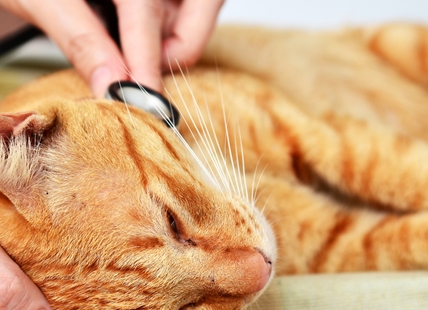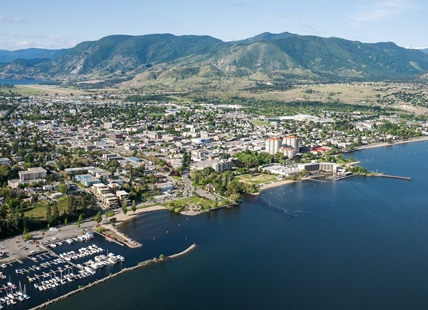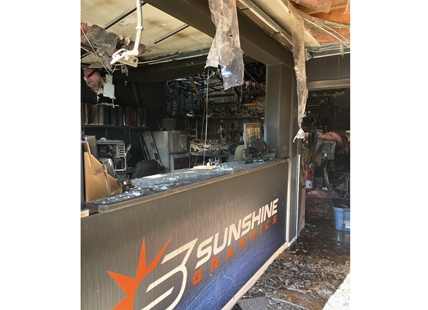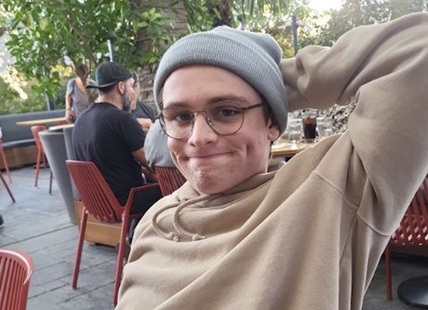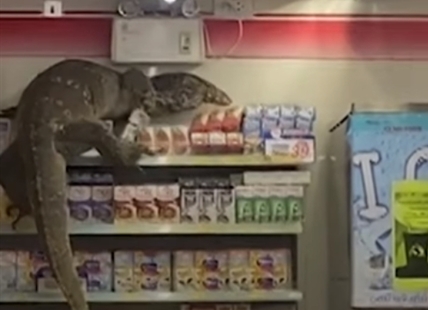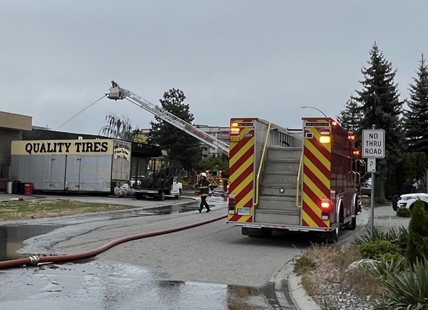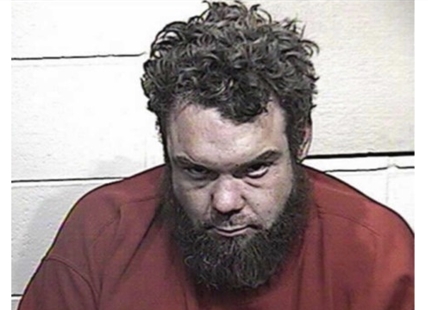COVID contact tracers in B.C. may be swamped by Omicron: Dr. Henry
As the Omicron variant pushes the daily counts of new COVID-19 cases dramatically upward it’s likely that contact tracers won’t be able to keep up. “It will not withstand this (surge), in my estimation,” provincial health officer Dr. Bonnie Henry said during a news briefing today,...
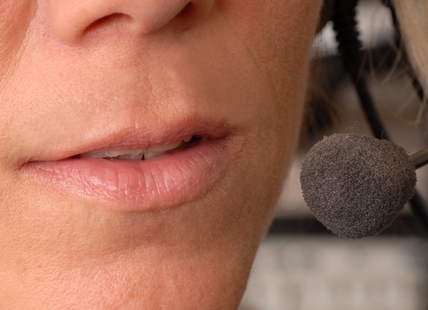
As the Omicron variant pushes the daily counts of new COVID-19 cases dramatically upward it’s likely that contact tracers won’t be able to keep up.
“It will not withstand this (surge), in my estimation,” provincial health officer Dr. Bonnie Henry said during a news briefing today, Dec. 17, when asked if there was enough capacity in the contact tracing system.
“What we will be doing is prioritizing what we will need to do to make sure we are doing active contact management in high risk settings – if somebody is a health-care worker or somebody who is in long term-care or some of the congregate living settings,” she said. “We’ve had to do that in some ways in the North and in the Interior during periods of surges so we are focussing on how we do that in a systematic way should we get to that point in the next little while.”
Contact tracers also do immunizations, testing, data collection and outbreak management, Dr. Henry said.
The number of Omicron cases in B.C. quadrupled from a reported 135 yesterday to about 560 today, and the number of active cases has grown to about 4,200 from about 2,900 at the end of November.
READ MORE: Omicron is cancelling New Year’s and forcing limits on social activities in B.C.
Active cases peaked at just over 10,000 in mid-April.
What the latest surge in cases means is that some people will likely have to do their own contact tracing.
“For people who are having milder illness, vaccinated younger people being able to self-manage and notify their own contacts, we will be supporting them in doing that,” Dr. Henry said.
During today's press conference she defended her decision not to offer vaccine booster shots until six months after second doses.
“Preserving that interval between dose two and the booster dose gives us stronger, better protection for longer,” Dr. Henry said. “It will get us through not just this variant and what is happening right now but also the next one. We are going to be living with this virus for a long time so we want to give the best protection, the strongest protection, the longest lasting protection.”
She has been hounded by the media in recent days with questions about why B.C. isn’t distributing rapid COVID testing kits. In the past, she’s talked about how they are not necessarily accurate and that the supplies she had expected to get this fall won’t arrive until January.
She changed her tact when asked about them today.
“We are working on that,” Dr. Henry said. “We are in a situation where we have certain types of tests and we’re working on how to make them more available. They are part of the answer and there is an important role for rapid testing and we are changing our focus on that.”
She promised more information on rapid tests at her news briefing next Tuesday.
To contact a reporter for this story, email Rob Munro or call 250-808-0143 or email the editor. You can also submit photos, videos or news tips to the newsroom and be entered to win a monthly prize draw.
We welcome your comments and opinions on our stories but play nice. We won't censor or delete comments unless they contain off-topic statements or links, unnecessary vulgarity, false facts, spam or obviously fake profiles. If you have any concerns about what you see in comments, email the editor in the link above.

 Valandos
Valandos 






